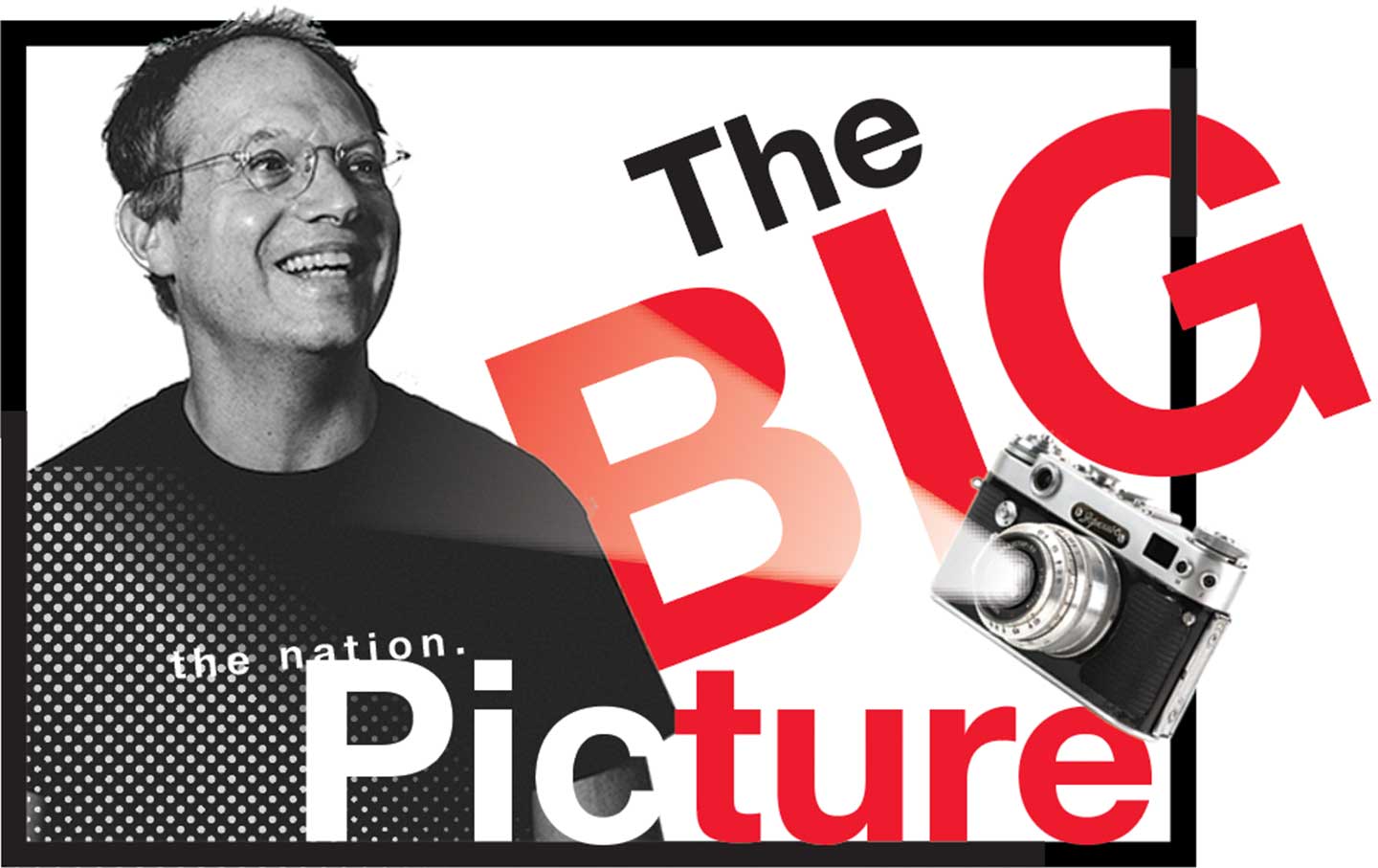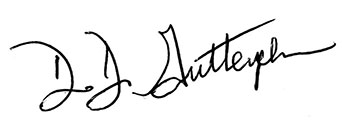We’ve Got to Tax the Rich
Of all the ills afflicting our democracy, the failure to rein in the power of money remains the most egregious.

It would take a novelist with the gifts of Honoré de Balzac to do justice to the temper tantrums we’ve witnessed over the past few weeks by America’s donor class. After failing to bully the University of Pennsylvania into canceling the Palestine Writes Literature Festival in September, Marc Rowan, the head of the private equity firm Apollo Global Management and a lavish Penn donor, succeeded in forcing the resignation of the university’s president, Liz Magill. Magill, who gave an inept, cloth-eared performance under the hot lights of a congressional hearing regarding antisemitism on campus, was (badly) advised by the same white-shoe law firm behind Harvard president Claudine Gay’s mealymouthed testimony at the hearing. Harvard initially backed its beleaguered leader. But when the hedge fund activist William Ackman shifted his focus from the clearly specious charge of antisemitism to more plausible charges of plagiarism, Gay, too, was quickly gone.
Ackman, as Michael Massing has noted on TheNation.com, may well be America’s most entitled donor: a high-rolling gambler who has wagered billions of other people’s dollars on often-doomed crusades against his fellow plutocrats yet has won enough of them to pay for his many extravagant properties. He shares these with his wife, Neri Oxman, a former MIT professor whose own failures of citation came to light in the fallout from her husband’s unhinged crusade against Gay. Apart from Rowan’s and Ackman’s so-called philanthropy—often directed at gatekeeping institutions that privilege donors and their relatives—it would be hard to detect any benefit to humanity from either man’s career. As Maureen Tkacik revealed in a recent profile for The American Prospect, the vulture capitalists at Apollo—whose founder, Leon Black, left after it emerged that he’d paid $188 million to the sex trafficker (and Harvard donor) Jeffrey Epstein—make their fortunes picking over the bones of the businesses they buy and run into the ground, leaving the hapless employees to face the consequences.
Once you’ve read Amitav Ghosh’s masterful deep dive into just how many of the great American fortunes can be traced back to the opium trade, this is bound to seem like déjà vu all over again. Just as today’s Sackler family still profits handsomely from the opioid epidemic they created and fed, the Cabots, Forbeses, Girards, Peabodys, Delanos, Browns, and other clans hoarded their wealth, laundered their ill-gotten gains through philanthropy, and sent their children to Ivy League schools. They prospered sufficiently that by the time a fresh wave of parvenu wealth arrived through railroads (Harriman), oil (the Rockefellers), and automobile manufacturing (Ford), the old opium traders had become the arbiters of respectability.
Balzac, sadly, seems to have never actually said that “behind every great fortune lies a great crime.” But the observation retains its force—and its challenge to our complacency. According to Americans for Tax Fairness, the wealth held by the richest 748 Americans exceeds $5 trillion—up by a staggering $2.2 trillion since Donald Trump’s tax cuts for corporations and the rich were passed in 2017. The largest single beneficiary was that great humanitarian Elon Musk, whose fortune grew more than 1,200 percent; Amazon founder (and union foe) Jeff Bezos had to be content with merely doubling his wealth over the same period.
The conflict between democracy and plutocracy in America is as old as the republic itself, and ever since Alexander Hamilton put his thumb on the scales, the rich have never lacked for apologists in Washington. But of all the ills afflicting our democracy—including those exposed by Joe Biden’s masochistic devotion to Israeli Prime Minister Benjamin Netanyahu—the failure to rein in the power of money remains the most egregious. Especially since the remedy has never been mysterious: The rich must pay their fair share. After opposing Elizabeth Warren’s call for a wealth tax during the 2020 presidential campaign, Biden proposed a “billionaire tax” last year. Denounced in Forbes as “Biden’s War on Billionaires,” the proposal was DOA. But with so many wealthy bullies polluting the public discourse, it’s an idea whose time has surely come—again.

D.D. Guttenplan
Editor








